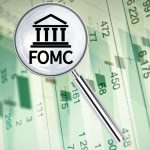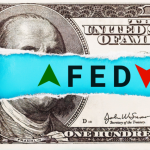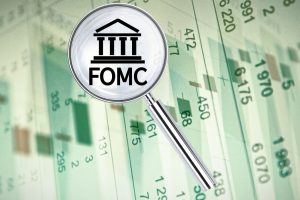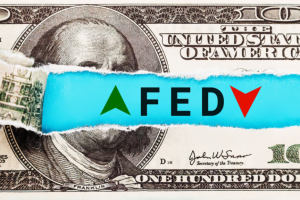
Fears of a stock market crash are swirling as a potential government shutdown looms large. Some portions of federal funding will expire as soon as March 1 unless lawmakers come to funding agreements — or sign an extension.
Services at the Transportation Department, food stamp programs, and housing assistance for millions of families are currently on track to run out of funding on March 1. The rest of the federal funding expires on March 8, affecting the Defense and State departments, border security operations, Justice Department, FBI, and health officials.
Legislators have hinted that a temporary spending extension may be required to avoid a partial shutdown. Congress has already passed three such continuing resolutions since Sept. 30 as lawmakers continue to feud over budgetary riders.
As it stands, House Republicans have created a virtual logjam, demanding concessions on issues including LGBTQ rights, abortion, national security and immigration. A potential deal appears to have been scrapped on Sunday evening.
“Unless Republicans get serious, the extreme Republican shutdown will endanger our economy, raise costs, lower safety, and exact untold pain on the American people,” Senate Majority Leader Chuck Schumer wrote in a letter to Senate peers.
Will a Government Shutdown Spark a Stock Market Crash?
The notion of a government shutdown is a foreboding proposition as it concerns the stock market. Indeed, should federal funding run out, consumer spending would likely take the hit, something that will eventually hurt stocks.
Now, Congressional budget debates are fairly standard procedure in many ways. Indeed, it seems lawmakers flirt with a government shutdown every year as part of the federal budget process.
Usually, lawmakers are able to avoid a government shutdown, if only narrowly. The last government shutdown occurred from Dec. 22, 2018, to Jan. 25, 2019, a total of 35 days. This was the longest shutdown in forty years.
While it’s too early to say definitively whether Congress will come to a compromise in time, currently, many analysts agree the likelihood that funding runs out with no substitute or extension, is unlikely. Event forecasting website Kalshi estimates a roughly 20% chance of a shutdown by March 4 and even stipulates that any shutdown before July may only last a few days.
On the date of publication, Shrey Dua did not hold (either directly or indirectly) any positions in the securities mentioned in this article. The opinions expressed in this article are those of the writer, subject to the InvestorPlace.com Publishing Guidelines.






